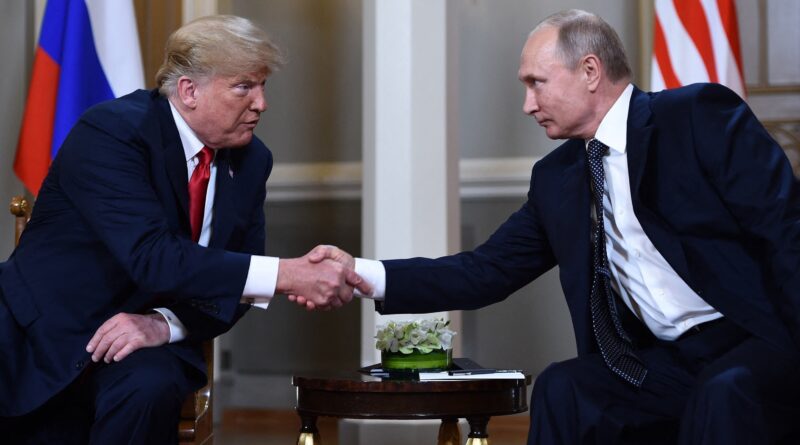Trump Issues 50-Day Deadline for Russia to End Ukraine War
On the 14th of July, a critical ultimatum was issued by President Donald Trump to his Russian counterpart Vladimir Putin, marking 50 days countdown for him to bring to a halt the ongoing war in Ukraine. The escalating death toll and Putin’s dubious negotiation strategies tipped the patience scale of the American president, necessitating a stronger intervention from the Trump Administration. The American president warned of imposing sanctions and a wave of secondary sanctions should the Russian leader fail to terminate the conflict, while simultaneously promising an amplification of military assistance to Ukraine.
Two weeks post the initial declaration, a significant shift was observed when President Trump expedited the process. This high-stakes approach effectively forced Putin into negotiation talks. It also underscored a key tactic to influence Russia’s leader – imposing immediate and impending economic challenges. As per the country’s central bank, the Russian economy is grappling with adverse conditions and forecasts for the future are not promising.
Under the pressure of potential economic repercussions and an immediate deadline, Putin had to revamp his decision-making strategies unlike ever before. While details of the clandestine discussions that occurred at the Alaska Summit remain scanty, a few significant insights can be inferred. The first is that Trump was able to voice his abhorrence for the perpetual conflict and illustrate the drastic ramifications if the hostilities failed to cease soon.
The second insight was that it provided an opportunity for a candid interaction with Putin, who probably conveyed some degree of dedication towards ending the war to satisfy his host. Thereafter, a crucial meeting was hosted the following Monday, where President Trump, President Volodymyr Zelenskyy, along with leaders from the European Union and NATO showcased a potent representation of unity amongst allies and partners.
Through declarations about impregnable security assurances, the rapport and long-term dedication among these nations were further strengthened. Still, the most significant development might have been the ability to robustly redirect accountability back to Russia for demonstrating their intention to negotiate in good faith.
Putin’s administration has unequivocally stated their refusal for a bilateral meeting with Zelenskyy, and has stipulated a veto concerning any security assurances or subsequent support to Ukraine. There has been an escalation of their strikes on civilian locales and even the destruction of an American civilian factory in western Ukraine.
Each act and statement of ill-intent is a blatant indication of contempt towards the American President. All the while, the clock is ticking away and the count of casualties continues to climb. The similarities between actions now and the dealings with Iran’s nuclear program earlier this year are striking.
President Trump had previously established an ambitious 60 days deadline for Iran. Nonetheless, their underhanded negotiation strategies were nothing short of an affront towards the American leader. With no grand pronouncements, the given timeline passed by. And on the 61st day, Iran had to face the repercussions of their failure to comply with the explicit deadline set by Trump.
Currently, Trump is allowing the events between Russia and Ukraine to unfold in the aftermath of the summit without exerting American influence. He continuously expresses concern over the rising casualties from the war, and alludes to the potential of stepping back from the intermediary position. However, simultaneously, he hints at something of substantial import, stating that the world will witness the happenings of the next week or two.
Notably, such statements commenced around two weeks ago. The 51st day, post the initial deadline, falls on the 3rd of September. The imposition of the threatened sanctions and secondary sanctions on this day would send a profound message to Putin and the global audience. The use of delay tactics, dishonest negotiation procedures, and deceit might be effective short-term strategies, but not when time is running out.
In relation to Ukraine, amping up sales of weaponry, eliminating limitations on weapon systems, and even contemplating allocating a part of the 300 billion dollar funds seized from the Russian Central Bank to Ukraine, are plausible methods to underscore the credibility of the U.S and the rigid timelines set almost 50 days prior.


